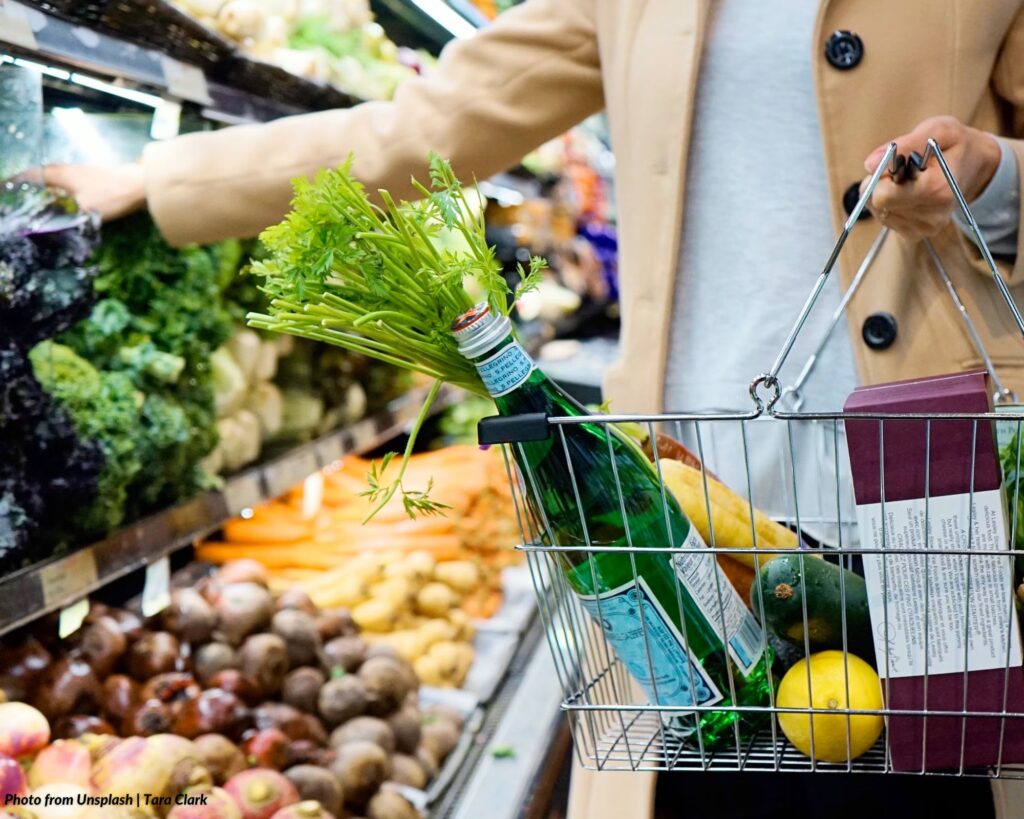
Photo from Unsplash | Tara Clark
The following post does not create a lawyer-client relationship between Alburo Alburo and Associates Law Offices (or any of its lawyers) and the reader. It is still best for you to engage the services of your own lawyer to address your legal concerns, if any.
Also, the matters contained in the following were written in accordance with the law, rules, and jurisprudence prevailing at the time of writing and posting, and do not include any future developments on the subject matter under discussion.
AT A GLANCE
- Even if goods are not specified in the certificate of registration but are “related” to the goods specified in the certificate of registration, such would be covered by trademark protection extended for that certificate.
- Related goods and services are those that, though non-identical or non-similar, are so logically connected to each other that they may reasonably be assumed to originate from one manufacturer or from economically-linked manufacturers.
Related article: Law on Trademarks
The law says:
Under the Civil Code, a trademark or trade name duly registered in the proper government bureau or office is owned by and pertains to a person, corporation, or firm registering the same, subject to the provisions of special laws. (Article 520, New Civil Code of the Philippines)
Under the Intellectual Property Code:
Notwithstanding any laws or regulations providing for any obligation to register trade names, such names shall be protected, even prior to or without registration, against any unlawful act committed by third parties. (Section, 165.2 paragraph (a), Intellectual Property Code)
What is the Principle of Related Goods or Services?
Jurisprudence says:
There is infringement when there is use of similar marks on goods that are so related that the public may be, or is actually deceived, and misled that the goods come from the same maker or manufacturer. (Esso Standard Eastern, Inc. v. Court of Appeals, G.R. No. L-29971, August 31, 1982)
Related goods and services are those that, though non-identical or non-similar, are so logically connected to each other that they may reasonably be assumed to originate from one manufacturer or from economically-linked manufacturers. (Mang Inasal Philippines, Inc. v. IFP Manufacturing Corporation, G.R. No. 221717, June 19, 2017)
In a recent case decided by the Supreme Court (Kolin Electronics Co., Inc. v. Kolin Philippines International, Inc., G.R. No. 228165, February 09, 2021), the use of product or service classification as a factor in determining relatedness or non-relatedness is no longer controlling. As ruled by the Supreme Court, the use thereof is for purely administrative purposes, or merely a way for trademark offices worldwide to organize the thousands of applications.
Jurisprudence says:
“The use of classification of products/services in determining relatedness also conflicts with a provision of the 2020 Revised Rules of Procedure for Intellectual Property Rights Cases which provides that goods and services may not be considered as being similar or dissimilar to each other on the ground that, in any registration or publication by the Office, they appear in different classes of the Nice Classification.” (Kolin Electronics Co., Inc. v. Kolin Philippines International, Inc., G.R. No. 228165, February 09, 2021)
Alburo Alburo and Associates Law Offices specializes in business law and labor law consulting. For inquiries regarding taxation and taxpayer’s remedies, you may reach us at info@alburolaw.com, or dial us at (02)7745-4391/0917-5772207.
All rights reserved.


